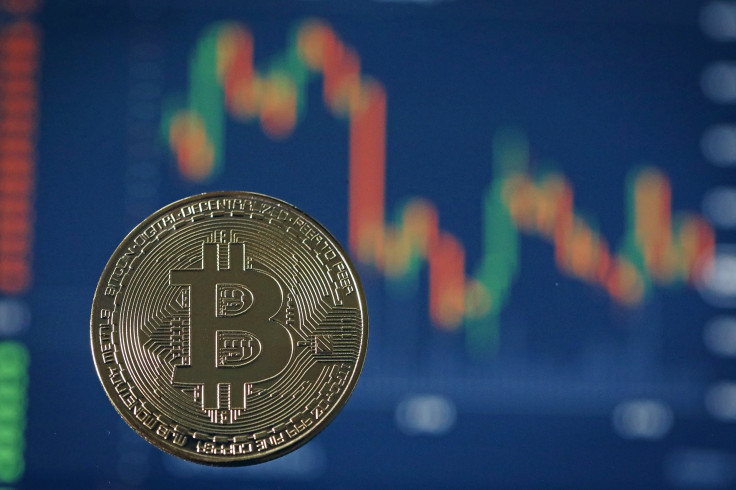Trump Administration May Regulate Bitcoin, Cryptocurrency Monitoring Already Underway

A day after a federal court in California ordered cryptocurrency broker Coinbase to turn over information of more than 14,000 of its customers to the Internal Revenue Service (IRS), the White House said it was looking into possible regulation of bitcoin, the de facto market leader among digital currencies.
In the daily press briefing Thursday, White House Press Secretary Sarah Sanders said, in response to a question about President Donald Trump’s views on bitcoin: “I know this is something that is being monitored by our team here. In terms of specific briefings and announcements on it, I don't have anything that I can share with you right now but would be happy to follow back up with you.”
When asked to clarify what sort of monitoring the team was doing, Sanders said: “Tom Bossert, with the homeland security team, an advisor to the president, has brought this up in a meeting earlier this week. I know it's something that he's keeping an eye on. And we'll keep you posted when we have anything further on it.”
While cryptocurrencies are generally gaining in popularity, partly due to the lack of regulation, bitcoin specifically is way ahead of the rest of the pack. Its value has grown by over 20 times in the last 2 years, and it crossed the $11,000-mark briefly during trade Wednesday (before falling a whopping 20 percent real quick). This massive increase in its value had prompted the questions during Thursday’s White House press briefing.

There is also the matter of tax avoidance. In the Coinbase case, the company claims to have close to 6 million users and calls itself the biggest cryptocurrency brokerage in the world, but IRS data show less than 1,000 people in the country reported cryptocurrency transactions between the years 2013 and 2015. This is despite the fact it is mandatory to report bitcoin and other cryptocurrency transactions on your tax form.
There is also the possible use of cryptocurrencies for illegal purposes, something which has happened in the past, infamously in the case of Silk Road, a platform on the dark web to buy drugs.
But for law-abiding investors in cryptocurrency, any regulation may diminish the value of their holdings.
“We believe that the greatest threat is regulation. Several governments across the world have clamped down on exchanges, some halting trading altogether. Others have gone on to outright ban the use of Bitcoin. Sudden government actions in major Bitcoin trading hubs stand to disrupt the market, with the potential to severely affect the utility of bitcoin — and accordingly, the value,” Shidan Gouran, president of Global Blockchain Technologies Corp, told the Street.
Bankers and economists, the sort of people governments are likely to consult on matters of financial regulation, aren’t particularly enthused about cryptocurrencies either. In September, JPMorgan CEO Jamie Dimon called bitcoin a fraud, and even went so far as to say he would fire anyone from his company for trading in the cryptocurrency. And Nobel Prize winning economist Joseph Stiglitz called for it to be outlawed entirely during an interview Wednesday.
© Copyright IBTimes 2024. All rights reserved.











